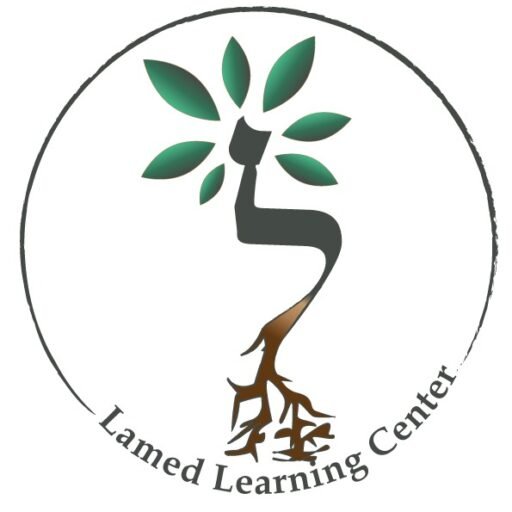Rabbi Eliezer Rubin is currently the Head of School at The Joseph Kushner Hebrew Academy/Rae Kushner Yeshiva High School in Livingston, NJ. He began his career in Israel, where he studied at Yeshivat Mercaz HaRav before receiving semicha from the Chief Rabbinate of Israel. In addition to teaching many young men and women at Israeli yeshivot and seminaries for their gap year, he served as an officer in Tzahal and as Chaplain of the renowned 13th Brigade (Golani). Prior to leading JKHA/RKYHS, Rabbi Rubin enjoyed an18-year-long career at the Ramaz School, where he served as Headmaster of both the Lower and Middle Schools, as well as Dean of the Upper School—a distinction that is exceedingly rare in Jewish or secular education. At Congregation Kehillat Jeshurun, his Shabbat shiurim and other lectures routinely attracted scores of enthusiastic teens and adults from all parts of Manhattan.
Gems:
- Sometimes we can resolve conflict, other times we must learn to live with it.
- Approach G-d via prayer.
- Prayer expresses humility.
- Through prayer we can delve into the vastness of G-d.
- Examine ourselves with the depth, sophistication, and complication and dive into that with your students.
- Routine can create an environment of doldrums or less meaning.
- Encourage students to pray even when not in the mood.
- A muscle that isn’t used, atrophies.
- Prayer has a strong utility for spiritual connection.
- Every time a person does a Mitzvah it brings a certain sense of goodness in the world through a spiritual conduit.
- Our education isn’t reciprocal, it’s unilateral.
- We are creating a frozen concept in time of knowledge.
- Knowledge has its own sequence.
- Meet students where they are, but also challenge them.
- Be careful to not turn students into something they’re not.
- Learn to engage and support students, while keeping them on the path.
- Listen more than you talk.
- Get to know each student.
- Every engagement can add or take away.
- Find a balance between the traditional and modern.
- Create a simple view of Judaism while they’re young, that can be built upon as they get older.
- Teach students responsibility to and for the world around them.
